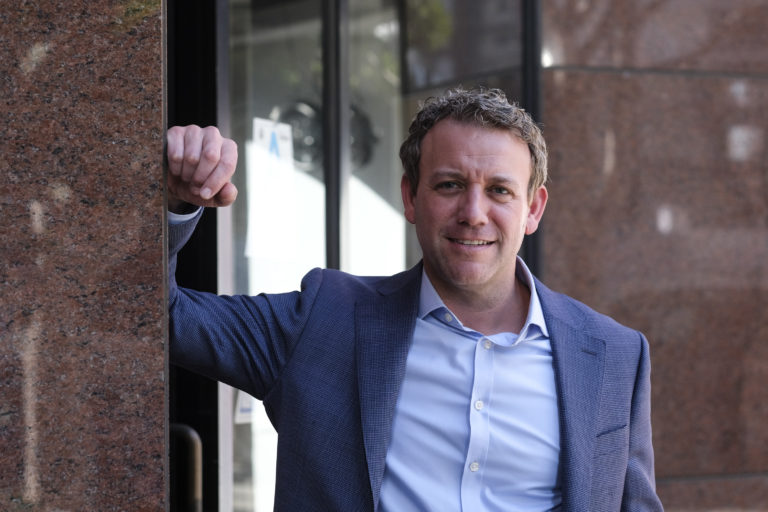
That has prompted local private debt funds to be more selective about the projects they will lend to, with an eye toward minimizing risk and concentrating deals in Covid-
resilient sectors.
For these firms, the goal is to make it through the pandemic strong so they can capitalize on new possibilities in Covid’s wake.
“There are new opportunities (now), but it’s about picking your spots and gauging the risks” said Steve Fried, principal at Brentwood-based Mesa West Capital. “More of the opportunities will come post-Covid after the market picks back up.”
Fried likened the current situation to the 2008 financial crisis, which saw tough times for many lenders but an explosion of opportunities afterward. Mesa West said its annual loan volume grew from $500 million before the Great Recession to more than $4 billion last year.
“We were disciplined in the run-up to the (financial crisis),” Fried said. “That allowed us to grow exponentially after.”
Many debt funds thrived in the years following the housing market crash as tight regulations drove banking institutions out of the market for all but the safest deals. Some of the firms that cropped up over this period lent on relatively riskier high-margin loans — a practice that local industry observers say has largely halted since the onset of the Covid-19 pandemic.
“Private debt is really having to scrutinize the deals that are coming in front of them in case the economy slows down a lot,” said Dean Kim, executive director and research analyst at Playa Vista-based investment research firm William O’Neil & Co. Inc. “(The sector) has retreated from the risk appetite that we saw from 2010 to 2019.”
Seeking Covid-proof loans
Seeking Covid-proof loans
It is a view shared by Andy Bratt, a Southern California-based principal at real estate lender Gantry Inc.
“The deals right down the middle of the fairway, with a strong location and property type, are getting very competitive pricing,” Bratt said. “Whereas a deal that might be just right off the fairway has gotten very expensive for the borrower.”
Bratt described the phenomenon as a “flight to quality,” in which certain types of projects receive the vast majority of the capital that debt funds are still willing to lend.
“The three darlings are multifamily housing, industrial and self-storage,” Bratt said.
Some local lenders say they also see an impending split in the debt fund space between those that will make it through this downturn and those that won’t.
“The impact depends on what you have in your portfolio,” said Vicky Schiff, co-
founder and managing partner at Calabasas-based MREC Management, which does business as Mosaic Real Estate Investors.
“The ones that have been smart about how they have been originating (loans) will be fine,” she said. “The ones who haven’t will probably have some issues. … Probably some will fold.”
Schiff said lenders who invested heavily in areas such as retail real estate will likely be among the most affected. She also said firms that are largely dependent on third-party capital to finance their deals could struggle. Many debt firms fund their loans through credit lines provided by banks.
“Where that can be an issue for a debt fund is, if their loans have issues, they can get those (credit) lines pulled.” Schiff said.
Bratt echoed Schiff’s views on the dangers of overdependence on third-party capital, particularly under Covid market conditions.
“Many debt funds rely on (collateralized loan obligation) execution,” Bratt said, referring to a method of packaging and selling debt on to other buyers. “The debt funds that rely on those and warehouse (credit) lines, those lenders pretty much froze once Covid hit.”
‘Consolidation’ expected
‘Consolidation’ expected
Mesa West’s Fried said reputation will also likely play a key role in determining the debt funds that will make it through the Covid market turmoil.
“It was less crucial prior to Covid,” he said. “But during a period of volatility, relationships are important. You really want to know your lenders and know that they can execute through a downturn.”
Once the downturn has finally passed, Fried predicts that the real estate markets will likely be in a healthier state than they were following the financial crisis a decade ago.
“Borrowers this time around have been disciplined and I think learned from the (financial crisis),” he said. “They have less leverage and are investing more capital (in their deals). … That’s something we’re seeing in our portfolio and across properties.”
“We are hoping that after dealing with Covid,” he added, “there will be more opportunities to come.”
